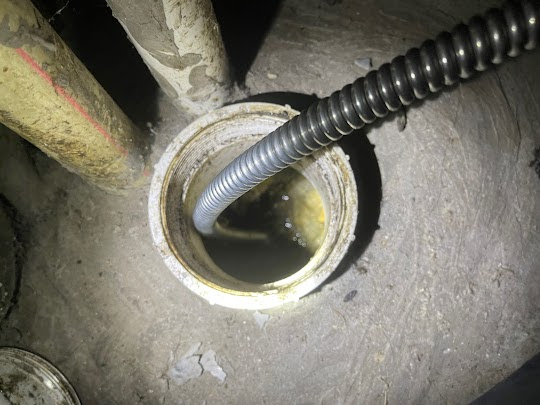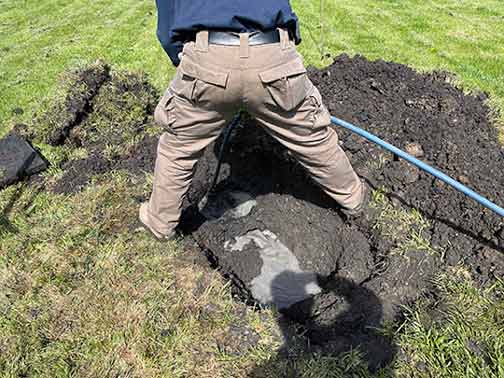
Sewer lines are an essential part of every home and building, as they remove wastewater and sewage from the property and transport it to a treatment facility. Over time, these sewer lines can become clogged with debris and other materials, which can cause significant problems if left unchecked. In this article, we will discuss how often you should have your sewer lines cleaned to prevent blockages and ensure proper functioning.
Factors Affecting the Frequency of Sewer Line Cleaning
There are several factors that can influence how often you should have your sewer lines cleaned. Some of these include:
Age of the Sewer Lines
Older sewer lines are more likely to experience blockages due to the accumulation of debris and other materials over time. If your property has older sewer lines, you may need to have them cleaned more frequently to prevent clogs.
Usage
The more people you have living or working on your property, the more wastewater and sewage will be generated, which can increase the rate of buildup in your sewer lines. If you have a large family or a commercial property with high foot traffic, you may need to have your sewer lines cleaned more frequently.
Type of Debris
The type of debris that accumulates in your sewer lines can also affect how often cleaning is required. For example, if you have a lot of trees on your property, the roots can grow into the sewer lines and cause blockages. In this case, you may need to have your sewer lines cleaned more frequently to prevent root intrusion.
Signs That Your Sewer Lines Need Cleaning
While it’s important to follow a regular maintenance schedule for your sewer lines, there are some signs that can indicate that cleaning of your main sewer line is necessary. These include:
Slow Drains
If your drains are slow to empty, it could be a sign that there is a blockage in your sewer lines. This could be due to buildup of debris or tree root intrusion.
Backups
If you experience backups in your drains or toilet, this is a clear sign that there is a blockage in your sewer line. Failure to address this issue promptly can lead to costly damage to your property.
Unpleasant Odors
Foul odors emanating from your drains or toilet can also indicate a blockage in your sewer lines. This is often due to the buildup of sewage and debris, which can be a health hazard if left unchecked.
Recommended Maintenance Schedule
Based on the factors discussed above, it’s recommended that you have your sewer lines cleaned every 18 to 22 months. However, if you experience any of the signs described above, you should have your sewer lines inspected and cleaned as soon as possible.

Hydro jetting is a method of cleaning sewer lines using high-pressure water to dislodge debris and other materials that are clogging the pipes.
Methods of Sewer Line Cleaning
When it comes to cleaning your sewer lines, there are several methods that can be used, including:
Hydro jetting
Hydro jetting is a method of cleaning sewer lines using high-pressure water to dislodge debris and other materials that are clogging the pipes. A professional hydro jetting service is particularly effective for removing tree roots from sewer lines.
Traditional Drain Cleaning
Traditional drain cleaning, otherwise known as sewer rodding service, involves the use of a snake or auger to remove blockages from sewer lines. While this method is effective for minor blockages, it may not be sufficient for more significant clogs.
Sewer Camera Inspection
Before cleaning your sewer lines, it’s important to know exactly what is causing the blockage. A sewer camera inspection can be used to identify the source of the problem within the sewer line, which can help determine the most appropriate cleaning method.
Conclusion
Regular maintenance of your sewer lines is essential to ensure their proper functioning and prevent costly damage to your property. Factors such as age, usage, and type of debris can all affect how often you should have your sewer lines cleaned. Signs such as slow drains, backups, and foul odors can indicate a blockage, which should be addressed promptly. Following a regular maintenance schedule and utilizing appropriate cleaning methods can help keep your sewer lines running smoothly for years to come.